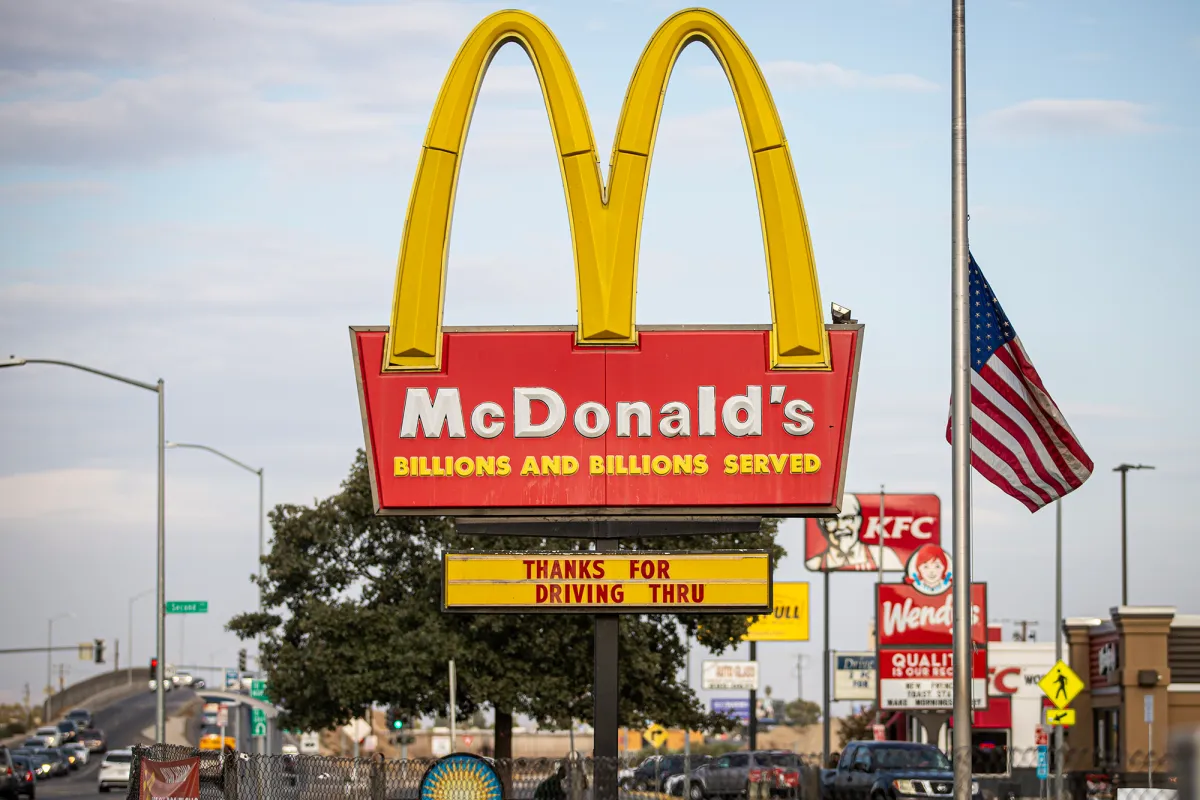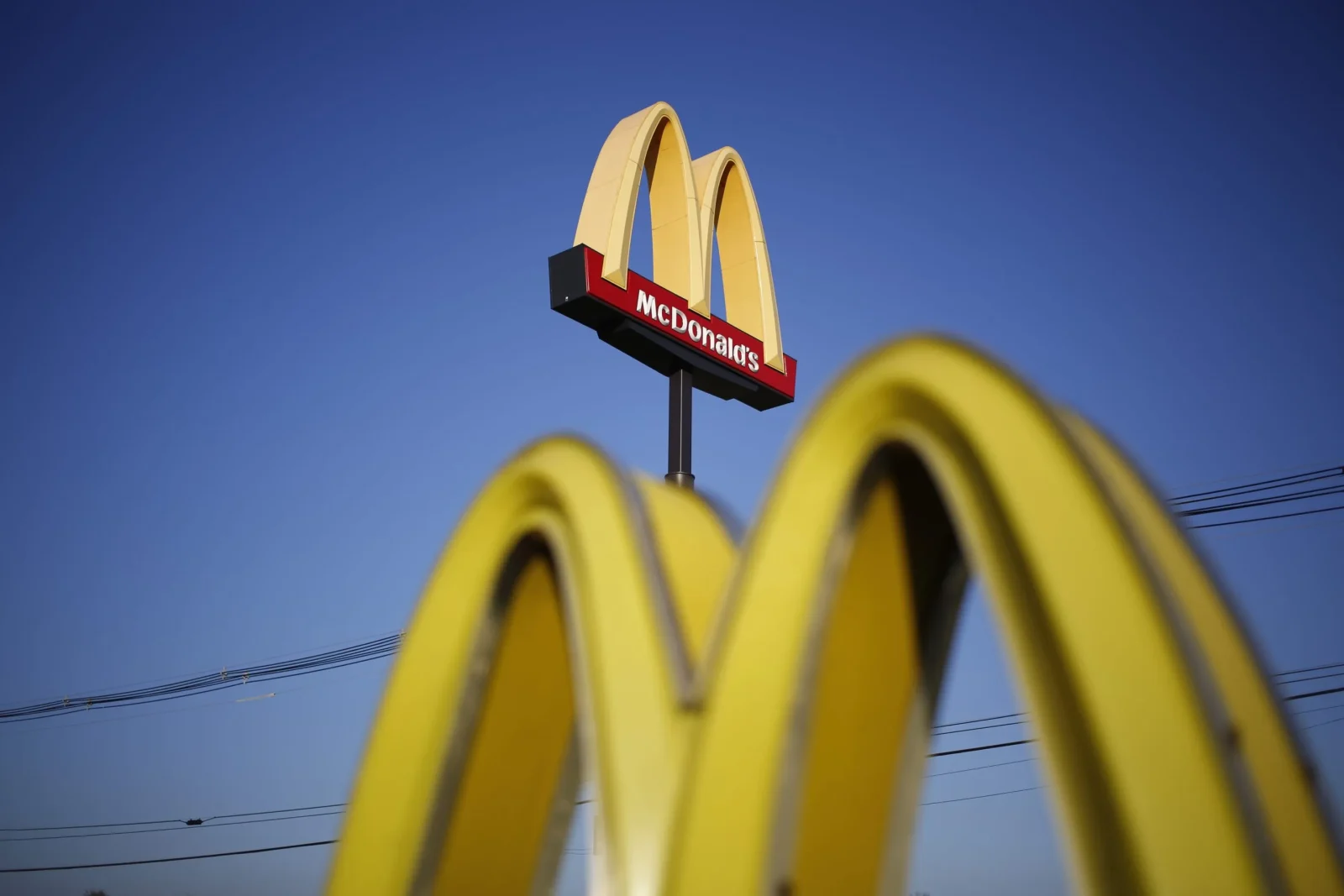Following the passage of a significant fast-food bill in California, an independent advocacy group representing McDonald’s owners is pushing back, claiming that the new legislation will result in a “devastating financial blow” to franchisees in the state, according to a memo.
The bill, AB 1228, was approved by the state Senate late Thursday and is now awaiting Governor Gavin Newsom’s signature. He has indicated his intention to sign the bill into law.
The legislation includes a minimum wage of $20 per hour for workers at fast-food chains with at least 60 locations nationwide, set to take effect on April 1.
While labor groups had previously advocated for even higher wages, the final $20 an hour rate was adopted.
This wage increase will represent a significant boost for many workers in a state where the minimum wage is currently $15.50, and even higher in some areas.
Despite backing from franchisee and restaurant advocacy organizations, some owners are concerned about the implications of the bill for their operations amid a challenging labor market and high inflation.
The National Owners Association (NOA), an independent group of over 1,000 McDonald’s franchisees, forecasts in its memo that the bill will cost each restaurant in California $250,000 annually.
The group argues that these costs “simply cannot be absorbed by the business model” and cautions that similar legislation might emerge in other states.
The NOA’s letter also criticizes what it describes as a small coalition of franchisors, including McDonald’s, the National Restaurant Association (NRA), and the International Franchise Association (IFA), which allegedly negotiated the deal with the Service Employees International Union (SEIU) without franchisee involvement, leading to the current legislative outcome.
In response, McDonald’s issued its own letter to its restaurant system on Monday, stating that it, along with other franchisee groups, had worked diligently to oppose these policies and safeguard franchisee decision-making and restaurant operations.

The company mentioned its efforts to form a coalition to challenge an earlier version of the bill and its increased political engagement in California.
Roger Delph, a McDonald’s franchisee and member of the state’s owner/operator task force, defended the collaborative efforts to protect the business model from what he called “an all-out attack.” He emphasized the extensive efforts made, including direct discussions with the Governor’s office.
McDonald’s also highlighted changes made to the final bill that are seen as favorable to franchisees compared to the initial proposal.
The final version removed the threat of joint franchisor-franchisee liability, which McDonald’s claimed would have severely impacted the franchise model in California.
It also reversed the proposed reconstitution of the Industrial Welfare Commission, which would have had broad authority over wage and workplace decisions for restaurants.
Other franchise and restaurant organizations have expressed a more positive view of the compromise.
Matt Haller, CEO of the International Franchise Association, stated that the bill represents the best outcome for workers, local restaurant owners, and brands, while protecting the franchise business model in California.
Sean Kennedy, EVP of Public Affairs at the National Restaurant Association, praised the agreement for providing a predictable future for restaurant operators and investing in the workforce.
Critics of the deal argue that the costs will disproportionately affect small business owners in the state.
The NOA has outlined ways for members, suppliers, and McDonald’s corporate office to support California franchisees, suggesting that anticipated menu price increases could create a “significant revenue windfall” for the company.
The NOA has requested that any financial support needs from state owners be considered.
Worker advocates, who achieved wage increases but not as high as initially sought, assert that their efforts are far from over.
SEIU President Mary Kay Henry stated that the fight for better standards in the fast-food industry is just beginning, with the new California Fast Food Council bringing together all industry stakeholders to help transform the industry.







Leave a Reply